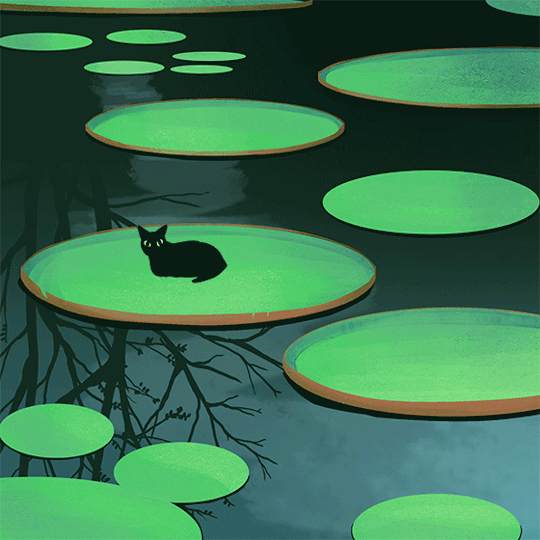Text
hello i made a new tumblr and will delete this one soon
find me @treefragment
8 notes
·
View notes
Photo
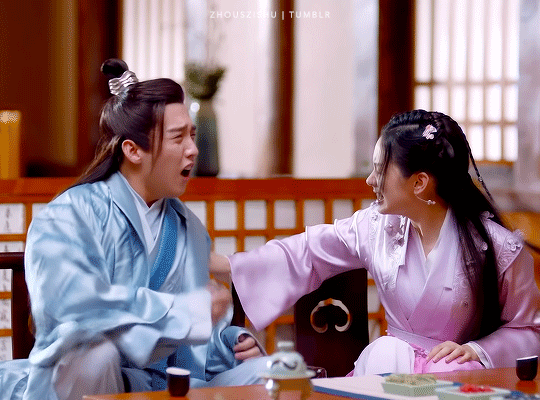
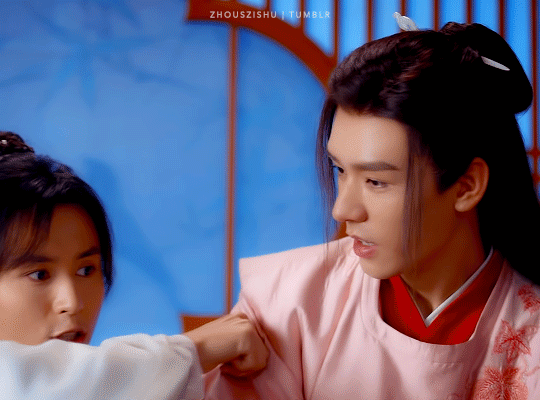
when your laopo gets angry 😠
word of honor 山河令: episode 22 // episode 27
935 notes
·
View notes
Photo

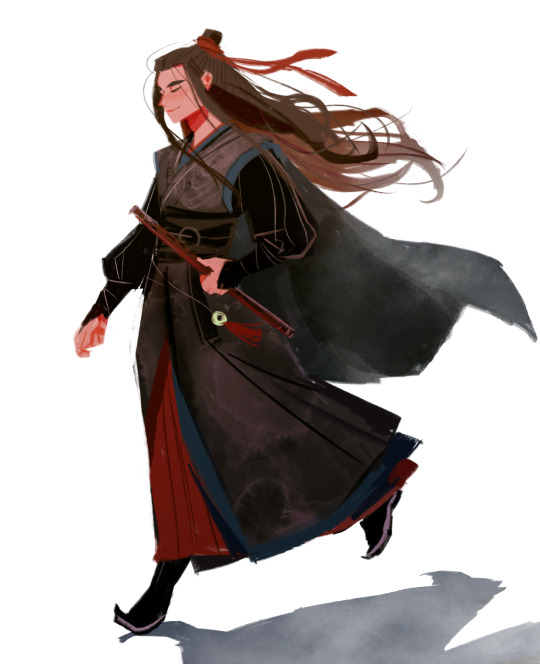

recently binged the untamed… 🥺❤️
15K notes
·
View notes
Photo

3K notes
·
View notes
Text
when you get a masters degree youre allowed to respond to your professors emails with “ok love you”
113K notes
·
View notes
Text
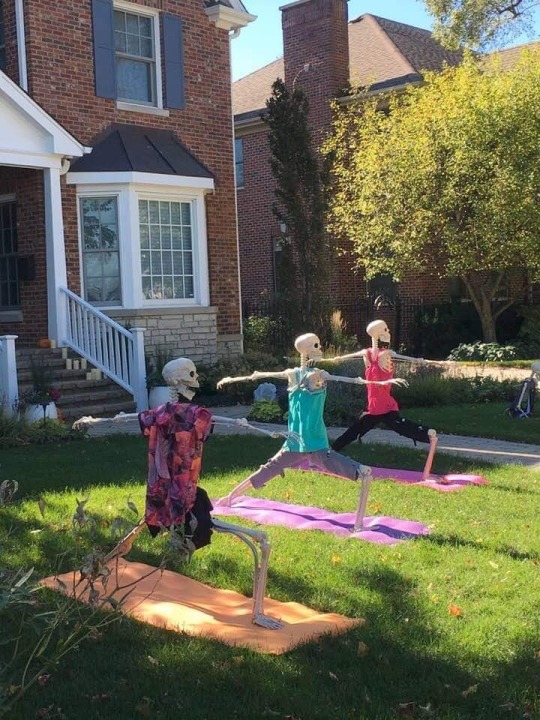
Why is my mom’s friend’s yard the best thing ever?
59K notes
·
View notes
Text
please remember that in a healthy, adult relationship (romantic or not), you should be able to talk about things that are bothering you. if you are bottling up your emotions and holding it against someone when you haven’t told them what is wrong, you’re not engaging in healthy behaviour. but also, if your friend/significant other makes you feel as though you can’t talk about what bothers you- i.e. has made you feel guilty/gotten extraordinarily angry when things were brought up in the past- they are not engaging in healthy behaviour.
362K notes
·
View notes
Text
I think next thursday is gonna be the best day of my entire life tbh
957K notes
·
View notes
Text
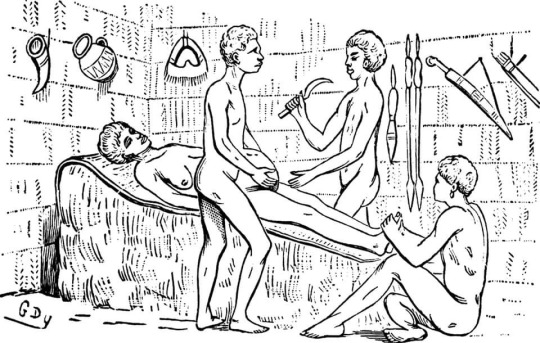
Did you know that modern C sections were invented by African women— centuries before they were standard elsewhere?
Midwives and surgeons living around Lake Tanganyika and Lake Victoria perfected the procedure hundreds of years ago. When a baby couldn’t be delivered vaginally, these healers sedated the laboring mother using large amounts of banana wine. They tied the mother to the bed for safety, sterilized a knife using heat, and made the incision, acting quickly as a team to prevent excessive blood loss or the accidental cutting of other organs. The combination of sterile, sharp equipment and sedation made the procedure surprisingly calm and comfortable for the mother.
After the baby was delivered, antiseptic tinctures and salves were used to clean the area and stitches were applied. Women rarely developed infections, shock, or excessive blood loss after a cesarean section and the most common problem reported was that it took longer for the mother’s milk to come in (an issue that was solved with friends and relatives who would nurse the baby instead).
In Uganda, C sections were normally performed by a team of male healers, but in Tanzania and DRC, they were typically done by female midwives.
The majority of women and babies survived this, and when questioned about it by European colonists in the mid-1800s, many people in Uganda and Tanzania indicated that the procedure had been performed routinely since time immemorial.
This was at a time when Europeans had only barely started to figure out that they should wash their hands before performing surgery, when nearly half of European and US women died in childbirth, and when nearly 100% of European women died if a C section was performed.
Detailed explanations of Ugandan C-sections were published globally in scholarly journals by the 1880s and helped the rest of the world learn how to save mothers and babies with minimal complications.
So if you’re one of the people who wouldn’t be alive today without a C-section, you have Ugandan surgeons and Tanzanian and Congolese midwives to thank for their contributions to medical science.
115K notes
·
View notes


